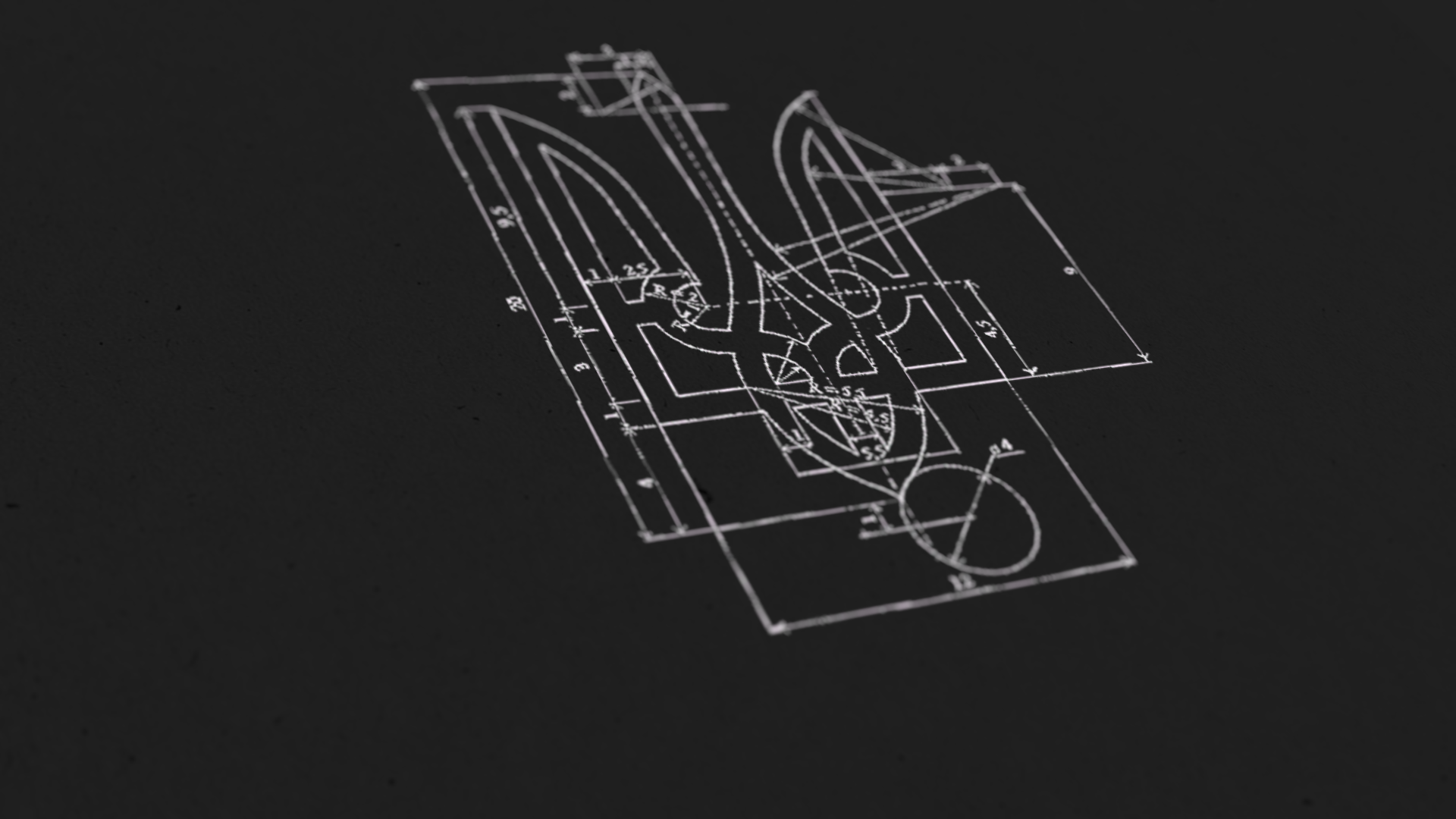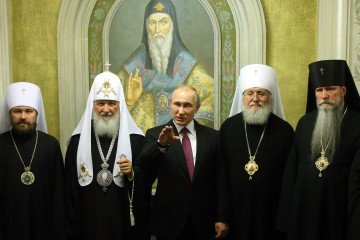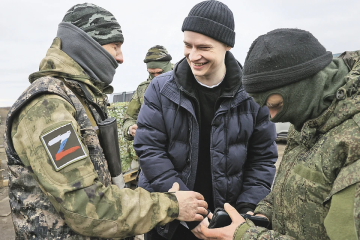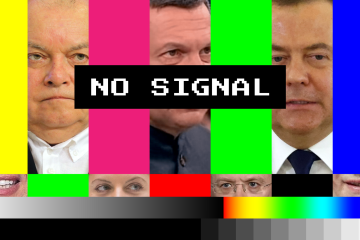- Category
- Anti-Fake
A Guide On How to Save Conversations About Ukraine That Go Wrong

You’re having a conversation about Ukraine; everything is going well until suddenly, the other person drops one of these five common misconceptions or makes one of these mistakes. Here’s a guide on how to navigate it and explain it.
1. On “The” Ukraine
Let’s just start here. The use of the definite article “the” is appropriate when referring to a region like “the south” or even a grouping of states or countries like “The United States” or “The United Kingdom”, but you would never say “The England” or “The Australia'' now would you? The usage of the article minimizes Ukraine and calls into question its territorial integrity as a sovereign nation, as though it’s part of something else (like the Russian Empire or the Soviet Union.) In fact, in 1993, Ukraine officially asked Russia to drop the Soviet-era practice of calling it “The Ukraine.” It’s just Ukraine. Plain and simple. In the same way, a boomer calling it “The Facebook” sounds like nails on a chalkboard; calling it “The Ukraine” is much the same for a Ukrainian.
2. On Russian speakers in Ukraine
There are some things in life we can’t control, like who our parents are, where we were born, or what language we grew up speaking. No one denies that Ukraine was a part of the Soviet Union until its dissolution in 1991, or the Russian Empire before that. Because of that, many Ukrainians, especially those living in its urban centers, spoke and still speak Russian. That is primarily because there was always a hierarchy of languages, and Russian was treated as the superior language, above all others. But the Ukrainian language, and Ukraine for that matter, has existed since long before that. The roots of the language can be traced as far back as the late 11th and mid-12th centuries. History aside, Americans and Australians speak English, but that does not mean they want to be part of England. The same is true for Ukrainians with the Russian language. In fact, since Russia's launch of the full-scale invasion, many Russian-speaking Ukrainians have chosen to drop the language entirely.
3. On where foreign aid for Ukraine goes
If the United States and Europe wouldn’t let their weapons be used to strike inside of Russia for so long, do you really think they are going to let their aid be sold for profit or go anywhere other than where it was intended? The import of any type of aid into Ukraine must be done through a government-recognized organization, inventoried and its distribution accounted for. The whole process is notoriously painstaking and involves piles of paperwork and oversight. The supply shortages reported by Ukraine are not from the siphoning of aid but from the lack of it. Military uniforms can only last so long at the frontline before they need to be replaced. A bullet can only be fired once. Wars cost money, big money, and the West is doing what it can to make sure Ukraine is well supplied.
4. On “negotiations” with Russia
Every Ukrainian, whether living at home or abroad, has been affected by the war. Nearly all Ukrainians have lost someone or know someone who has. This does not even include the thousands of Ukrainians trapped behind enemy lines in Russian-occupied Ukraine or the nearly 20,000 children who have been kidnapped. There is nobody who wants peace more than Ukraine and Ukrainians.
However, it needs to be just and based on international law. All Russia is doing right now is giving Ukraine ultimatums. Putin's demands undermine Ukraine's sovereignty and violate international law. His so-called “peace plan,” which includes demands to withdraw Ukrainian troops from sovereign Ukrainian regions and recognize Russian-occupied territories, is more of a manipulative ploy rather than a genuine effort for peace. History shows that when Putin gets what he wants, it only emboldens further aggression. In addition, if Russia is allowed to get away with its action in Ukraine on its terms, who says that other authoritarian states won’t follow suit and break international law, take sovereign territory, and so on?
But Ukraine isn’t just standing by and waiting. It has developed its own Peace Formula that aligns with the UN Charter and emphasizes justice and territorial integrity. Just recently, hundreds of countries gathered in Switzerland at the Summit on Peace for Ukraine to discuss this just path to peace. Ukraine is doing everything it can to stop the bloodshed on its territory and to protect the international community from other emboldened acts of aggression.
5. “Russia is just defending itself against NATO expansion”
Time and time again, Russia has used the NATO expansion argument to justify its bad behavior. What it fails to address is that the alliance is a defensive alliance established to combat the very thing Russia is attempting now with its full-scale invasion of Ukraine. If Russia was really concerned with a NATO-affiliated country on its border, why then has it not launched a similar invasion on Finland, which officially joined the alliance in 2023? It is because it has nothing to do with NATO and everything to do with Putin’s own delusions of imperial expansion. In fact, it was Russia’s full-scale invasion of Ukraine that facilitated Ukraine’s growing close ties with NATO. Before that, it was Russia’s aggressive actions in other neighboring countries—like Georgia—that piqued Ukraine’s interest in joining the defensive alliance. Should Ukraine join the alliance in the future, it has every right to do so. No country, including Russia, has a veto over another nation’s sovereign decision to join a defensive pact.




-5adb65e550f9dec24a01a35019e4b6b5.jpg)
-96203b7844b4035061a09a588ca1b57e.jpeg)


-b8fcbbfe52c8c4ebd7d839f8da0d3498.jpeg)